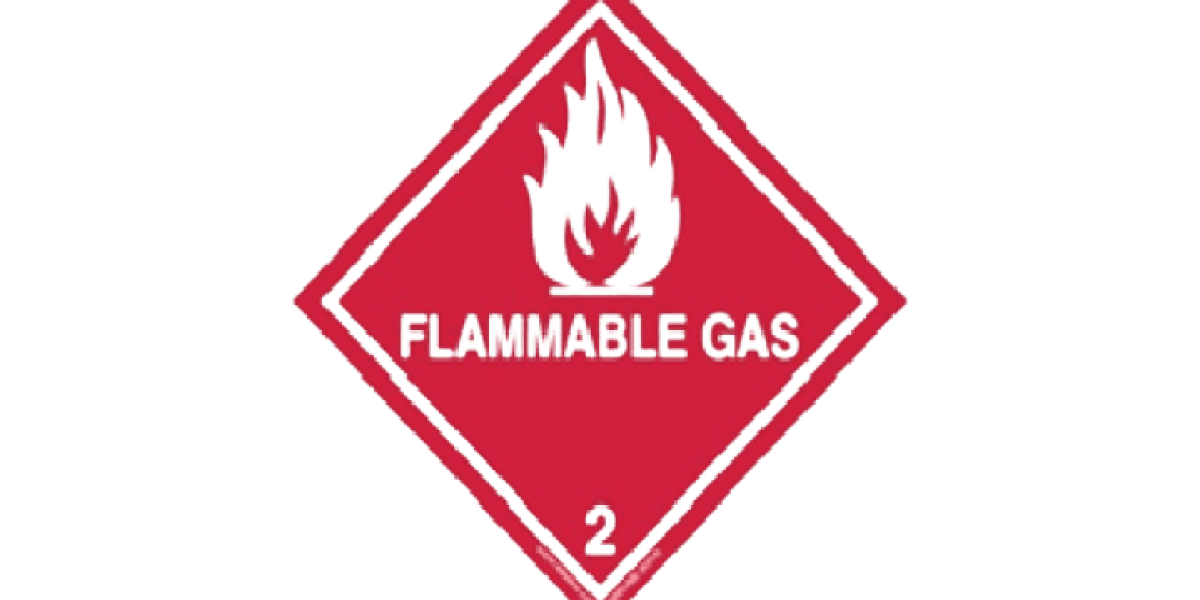Continuing our look at the 9 classes of dangerous & hazardous goods.
If you want to read about Class 1 check out our previous blog here.
Dangerous Goods Class 2 substances are gases
Class 2 includes:
Compressed gases – a gas which, when packaged under pressure for transport, is entirely gaseous at -50°C.
Liquified gases – a gas which, when packaged under pressure for transport is partially liquid at temperatures above -50°C
.• High pressure liquified gases – have a critical temperature of between -50°C and +65°C.
• Low pressure liquified gases – have a critical temperature above +65°C.
Refrigerated liquefied gases (Cryogenic) – a gas which, when packaged for transport is made partially liquid because of its low temperature.
Dissolved gas – a gas which, when packaged under pressure for transport, is dissolved in a liquid phase solvent
Absorbed gas – a gas which, when packaged for transport is absorbed into a solid porous material.
Gases are defined by dangerous goods regulations as substances which at 50°c have a vapour pressure of 300 kPa or greater or are completely gaseous at 20°c at standard atmospheric pressure, and items containing these substances.
Gases are regulated as Dangerous Goods as they can pose serious hazards. Under pressure, they could explode if involved in a fire. Due to their potential as asphyxiants, ability to oxidize (chemically react with oxygen), their potential toxicity or corrosiveness to humans.
Gases are mostly carried under pressure to reduce their volume. This pressure itself creates a danger if it is released suddenly. The force contained in a high-pressure gas cylinder can cause great harm.
Class Divisions
Substances of Class 2 are allocated to one of three divisions based on the primary hazard when being transported.
Division 2.1: Flammable gases are gases which easily ignitable in air and may cause a fire or contribute to another fire. If heated the cylinder may BLEVE (Boiling Liquid Expanding Vapor Explosion)
Under this division are Most aerosols, propane acetylene, LPG and butane.


Division 2.2: Non-flammable, non-toxic gases, can be oxidising and under pressure could explode if involved in a fire. This division may be an asphyxiant and cause suffocation by replacing the oxygen we breathe.
Under this division Oxygen, carbon dioxide, nitrogen, helium, and some aerosols that have a paste or cream.
Division 2.3: Toxic gases are gases known to harm, disable, injure, or kill upon inhalation or contact and are hazardous to both humans and animals. Chlorine is one of the gases that come in the division.
Gases and gas mixtures that have hazards associated with more than one division take the precedence:
Division 2.3 takes precedence over all other divisions and is not typically carried on a passenger aircraft.

Division 2.1 takes precedence over Division 2.2
Class 2 Goods need to carry the correct label when being transported so that it is clear which type of gas is being carried.

